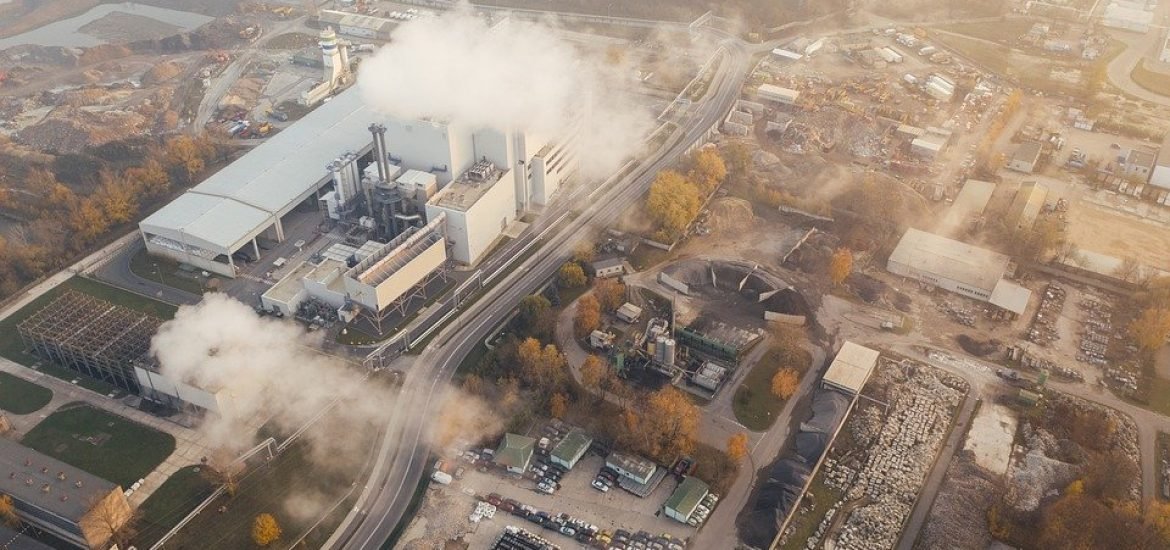
A team of researchers from Oxford University, UK, put forward a series of possible ideas and suggestions to reach the final 25% in terms of greenhouse emissions and achieve Net-Zero. This included, for example, stimulating research into sustainable plastics and encouraging the use of alternative food proteins, such as plants, insects and algae.
The use of fossil fuels in transportation and industry accounts for a large amount of greenhouse gas emissions and is the primary target in our battle to achieve Net-Zero. With Net-Zero, the goal is to find a balance between the amount of greenhouse gas released and the amount that we can eliminate from the atmosphere.
However, researchers know that Net-Zero cannot be achieved simply by getting an electric car. There are still hard-to-reach emissions coming from agriculture, plastics and waste, as well as a small percentage of emissions already in the air that we cannot remove. This is known as the “Final 25%”, and if we want to reach Net Zero, we have to take these into account.
To suggest possible pathways to tackle the final 25%, a team from Oxford University brought together expertise from various fields, including industry, academia and policymakers, to develop ways to reach the desired Net-Zero with the help of research and technology. The team published three reports, focussing on the use of polymers, nature-based solutions and alternative proteins.
“The Final 25% emissions identified in our three reports must be tackled if we are to achieve Net-Zero. Reducing or eliminating them is going to mean some real changes, though, and significant investment is needed in R&D to make sure these can happen”, said Prof Cameron Hepburn, director of Oxford’s Smith School of Enterprise and the Environment. “We can do this, and the novel and imaginative solutions contained in these reports could get us there.”
The reports consider various ways to get to the final 25%, including using semi-arid and saline land to grow crops suitable to produce feedstocks or using alternative proteins as food sources, including insects and algae. “Mitigating climate change demands more than a shift to renewable electricity generation; investment in harder-to-abate sectors is already required. To reach Net-Zero, intersections between plastics, proteins and plants, three seemingly unconnected systems, may hold the key. Our reports explore the potential of these systems in detail, pointing the way forward for research, policy development, regulation, and financing options”, said leading report author Dr Katherine Collett.
We all know about the problem with plastics, but the reality is, they’re not disappearing anytime soon. In fact, plastics have become indispensable in modern society. Instead of aiming to eliminate plastic completely, the team suggests new approaches to deal with this problem, including ways to instigate research into sustainable plastics and develop a plan for the product when it reaches the end of its life.
Agriculture is another area of concern. Animal products are responsible for 16% of greenhouse gas emissions, and this value is expected to double in the next 30 years. The report recommends encouraging people to use alternative protein sources, such as plant-based proteins, insects, algae and even cultured meat. Not only this contributes to Net Zero, but it also releases land, which can then be used for reforestation.
“In the shadow of COVID-19, government investment in green innovation can both help to constrain climate change and seed new industries to stand as powerhouses of economic growth in the long-term”, concluded Brian O’Callaghan, Lead of Oxford’s Economic Recovery Project. “The US invested big in renewable energy research and development during the global financial crisis. That investment has delivered many multiples. Governments could make similar progress in agriculture and industry today”.